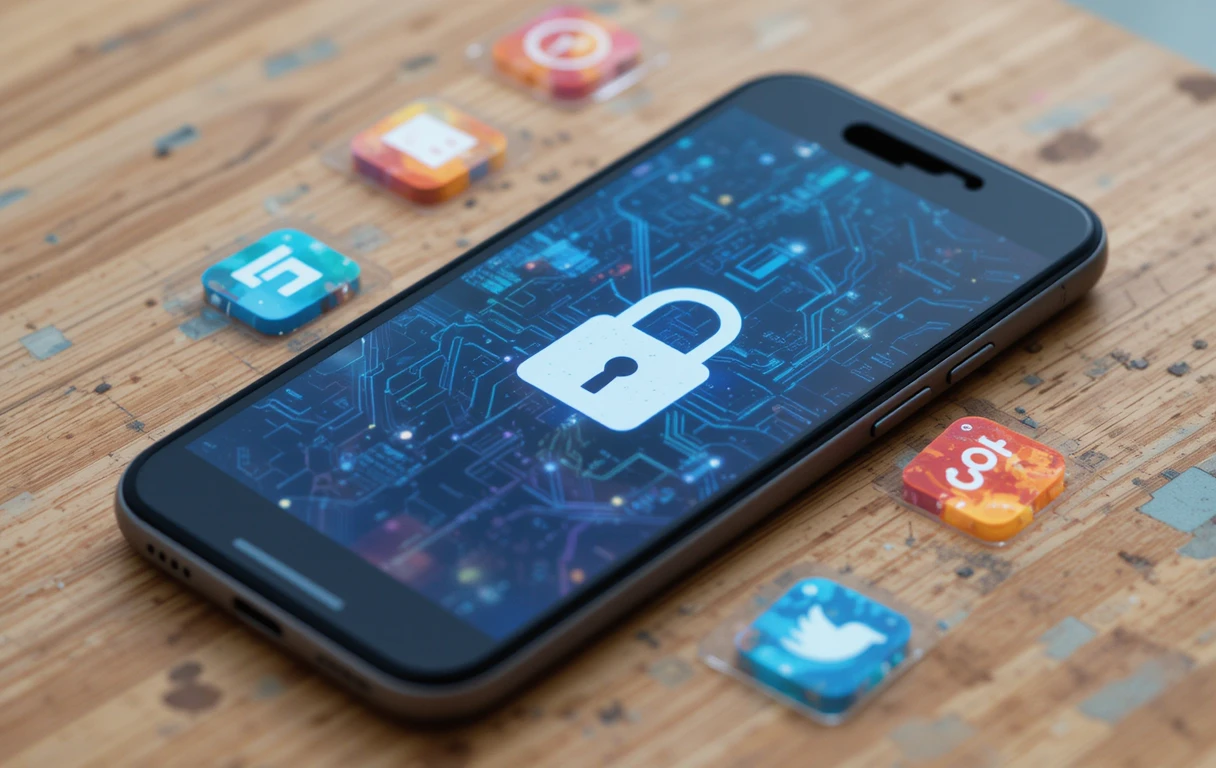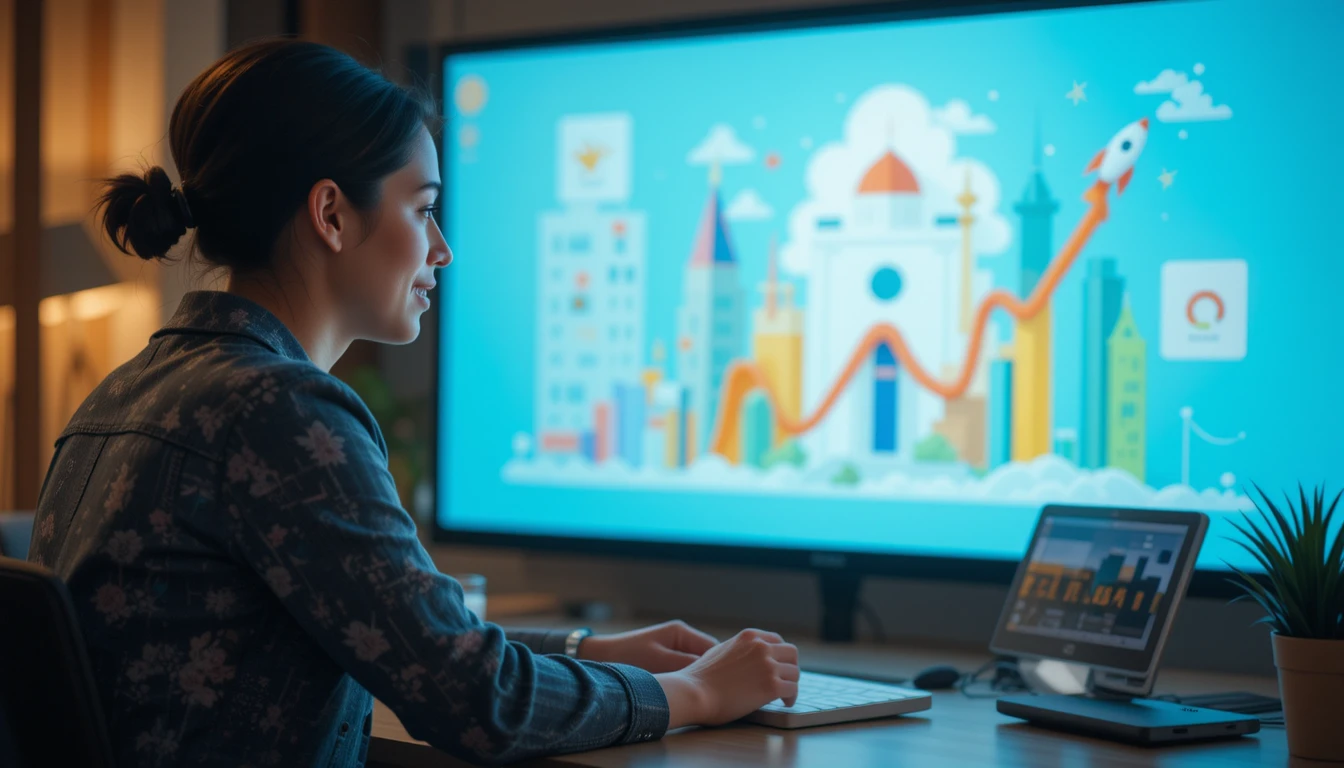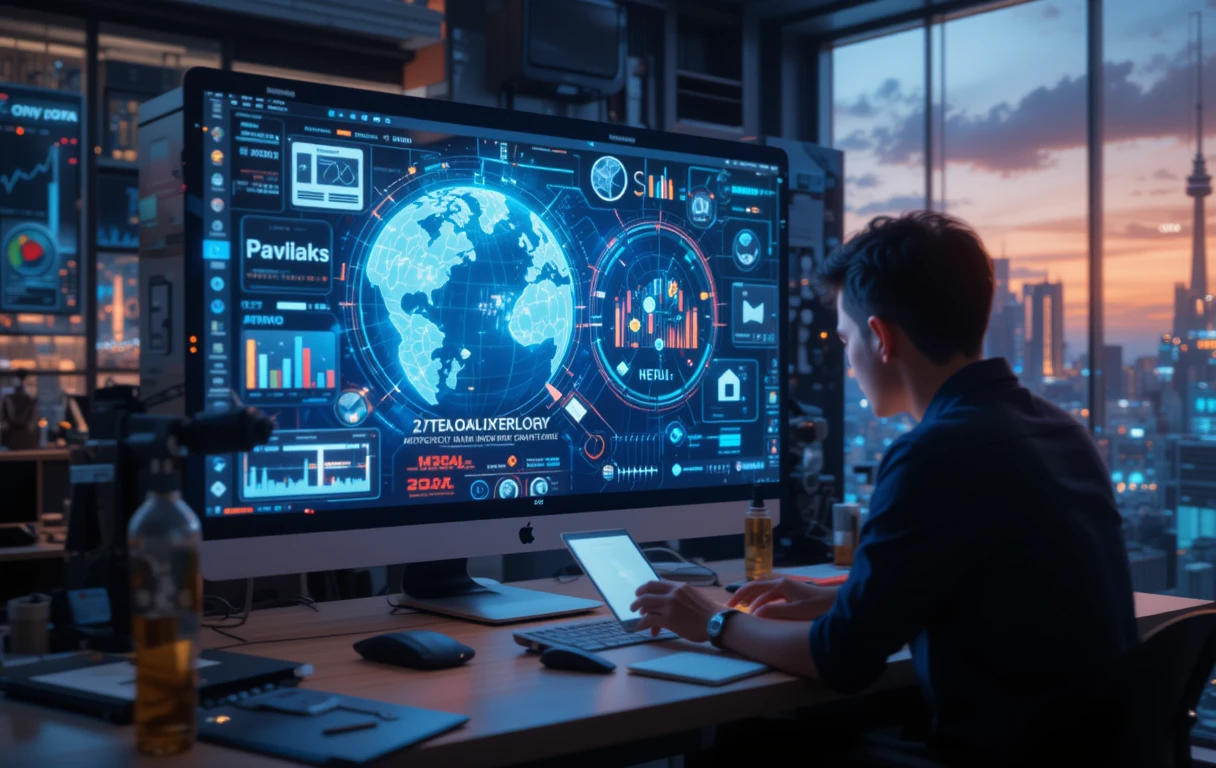Your smartphone is an indispensable part of your life, carrying out tasks from simple calls to complex banking transactions. But beneath its sleek interface and convenience lies a lurking question that’s enough to make anyone uneasy: Is your smartphone spying on you? While it may sound like a plot straight out of a sci-fi thriller, the reality is that app permissions and privacy settings on your phone may be exposing more of your personal life than you realize.
In this article, we’ll uncover the truth about smartphone surveillance, decode the implications of app permissions, and explore practical ways to safeguard your privacy. Let’s take a closer look at what’s happening behind the scenes of your favorite apps.
How Smartphones Collect Your Data
Smartphones have evolved into powerful data collection devices. From location tracking to microphone access, they’re gathering an astonishing amount of information about you, often without your direct knowledge.
Did you know that even a seemingly harmless flashlight app could request access to your contacts, location, and photos? While it’s easy to shrug this off, every permission you grant allows apps to collect, analyze, and sometimes sell your personal data.
Here’s how your smartphone might be collecting your information:
- GPS and Location Services: Apps track your every move in real time. While this is useful for maps and ride-hailing services, it can also be used to monitor your daily habits.
- Microphone Access: Many apps request permission to access your microphone. Ever noticed ads popping up about something you mentioned in conversation? You’re not imagining it.
- Camera and Photos: Apps often ask for camera or gallery access, and without strict permissions, your personal photos could end up stored or even misused on external servers.
- Browsing Activity: Certain apps can monitor your online behavior, even outside of the app itself, to serve personalized ads.
What Are App Permissions, and Why Do They Matter?
When you install a new app, it often requests permissions to access various parts of your phone, like the camera, microphone, or contacts. These permissions are necessary for the app to function—but many apps go beyond what’s truly required.
Common App Permissions and What They Do:
- Camera Access: Allows apps to capture photos or videos. While necessary for apps like Instagram, it can be exploited by malicious apps.
- Microphone Access: Enables voice recordings for calls or features like voice notes. But some apps listen passively, even when you’re not actively using them.
- Location Access: Provides your geographical coordinates, often for navigation or local services. However, some apps use it to track your movement patterns for targeted ads.
- Contacts Access: Grants access to your address book. Some apps upload this data to their servers, which may then be shared or sold.
While these permissions often seem harmless, granting unrestricted access opens doors for apps to collect and misuse your data. Always ask yourself: Does this app really need these permissions to work?
The Danger of Ignoring Privacy Settings
Many smartphone users neglect their privacy settings, assuming that apps operate ethically or that their data is secure by default. Unfortunately, this assumption can leave you vulnerable to:
- Data Breaches: Cyberattacks on apps and their servers can expose your personal data to hackers.
- Identity Theft: Sensitive information, like login credentials or financial data, can fall into the wrong hands.
- Surveillance Marketing: Companies build comprehensive profiles of you based on your activity, enabling them to bombard you with eerily specific ads.
- Third-Party Access: Apps often share your data with third-party advertisers, leaving you with little control over where it ends up.
Ignoring your privacy settings is like leaving your front door wide open—it’s an invitation for misuse.
Tips to Protect Yourself from Smartphone Spying
While it’s impossible to completely eliminate the risks, you can take several steps to minimize your exposure and regain control over your data.
1. Audit App Permissions Regularly
Periodically check which permissions each app on your phone has access to. Disable unnecessary permissions by going to your phone’s privacy settings. For example:
- On iOS: Settings > Privacy & Security > App Privacy Report.
- On Android: Settings > Apps > Permissions Manager.
2. Use Privacy-Focused Apps
Choose apps with a strong commitment to user privacy. Messaging apps like Signal or Telegram offer encrypted communications, while browsers like Brave block trackers and ads.
3. Disable Location Services When Not Needed
Turn off GPS and location services for apps that don’t require it to function. Most smartphones allow you to grant location access only when the app is in use.
4. Read App Privacy Policies
While privacy policies can be lengthy, they contain valuable information about how your data is collected and used. Focus on sections about data sharing and third-party access.
5. Install Trusted Security Apps
Use reputable antivirus and privacy-focused apps like Norton Mobile Security or DuckDuckGo Privacy Essentials to add an extra layer of protection.
Are Voice Assistants Like Alexa or Siri Listening to You?
Voice assistants like Alexa, Siri, and Google Assistant have become household staples. But how much are they really listening?
While these assistants are designed to activate only after hearing a “wake word” (like “Hey Siri”), they’ve been known to capture and store snippets of conversations unintentionally. These recordings are often stored on cloud servers for analysis, which raises serious privacy concerns.
To protect yourself:
- Turn off the “always-on” listening mode when not using the assistant.
- Regularly delete stored voice recordings from the assistant’s settings.
- Opt out of sharing recordings with developers for “improvement purposes.”
Myths About Smartphone Spying
There are plenty of misconceptions about smartphone spying. Let’s debunk a few:
Myth: Airplane mode stops all tracking.
Fact: While airplane mode disables cellular and Wi-Fi, apps with offline access can still collect data.
Myth: Only malicious apps spy on you.
Fact: Even legitimate apps from trusted companies can collect excessive data.
Myth: Deleting an app removes all your data.
Fact: Apps may retain your data even after deletion unless you request permanent removal.
Conclusion: Take Charge of Your Smartphone Privacy
In a world where smartphones are intertwined with daily life, staying vigilant about your privacy is more important than ever. By understanding how app permissions work and regularly reviewing your settings, you can significantly reduce the risk of unauthorized data collection. While it may take some effort to adjust your habits, the peace of mind that comes with knowing your personal information is safe is well worth it.
Your smartphone should work for you—not spy on you. So, take control today and make your data protection a top priority.




